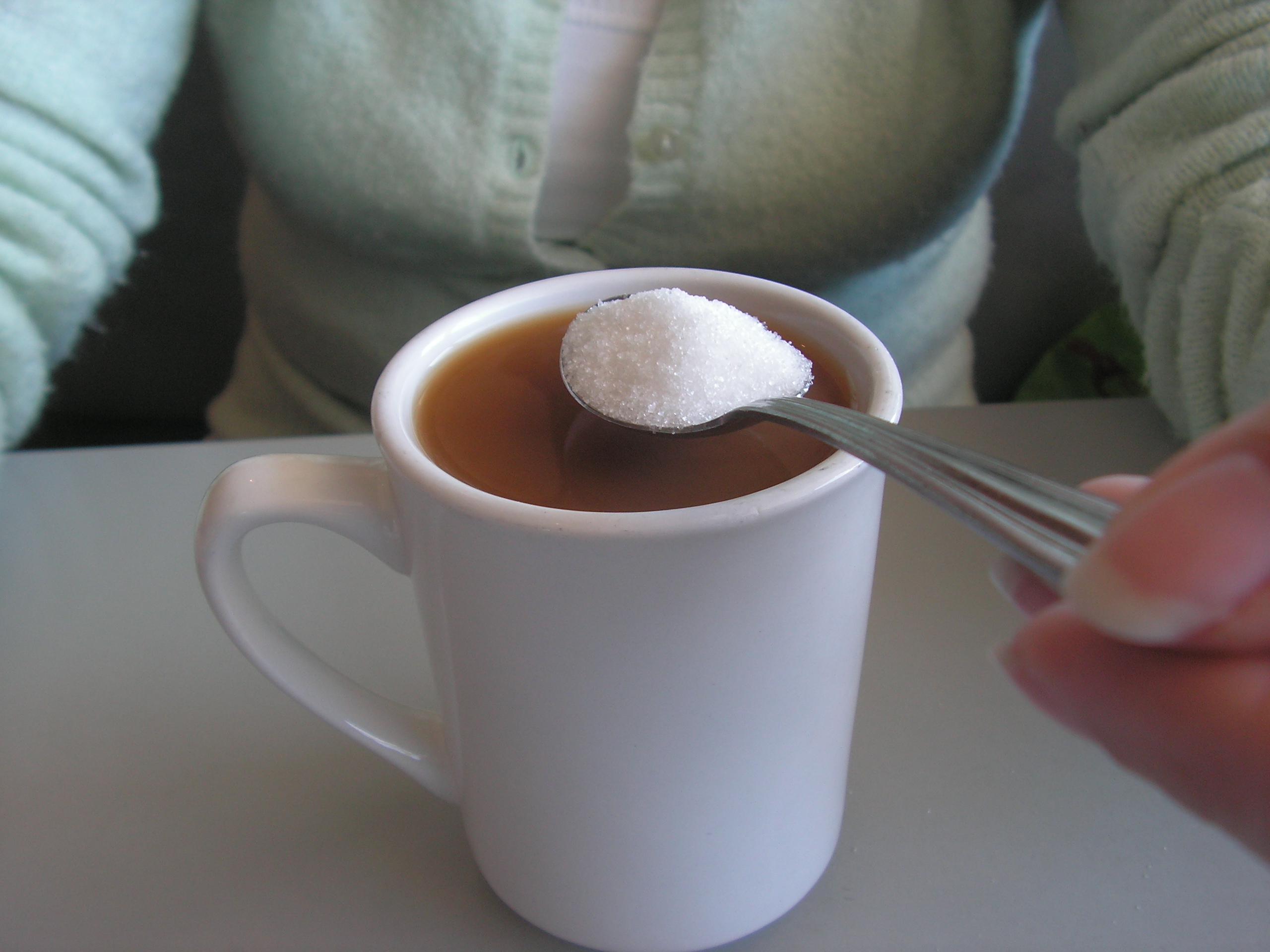Sugar is a common ingredient in our drinks and food, and is an additive that many cannot live without. 
However, excessive intake of sugar can cause many health issues such as obesity and non-communicable diseases.
The Malaysian government has implemented many measures to address these health issues. Among them was the introduction of a sugar tax on beverages in 2019. The additional revenue generated from this tax will be used to support dialysis facilities and diabetes treatment.
Despite these efforts, the alarming rise in obesity and diet-related non-communicable diseases suggests that the measures may be insufficient in effectively addressing these health issues.
A Nation Dependent on Sweetened Beverages
Carbonated and sugar-sweetened beverages (SSBs) are extremely popular among Malaysians. Malaysia ranks as the eighth-largest consumer of sugar in the world. 55.9% of Malaysians incorporate sugar into their daily diets, which is equivalent to four teaspoons of added sugar. This level of consumption exceeds the average daily sugar intake. Additionally, Malaysia holds the highest diabetic population in Asia.
With an average of 50 kg of sugar consumed per person, Malaysia outpaces both Thailand (35 kg) and Indonesia (20 kg).
According to Khazanah Research Institute and World Population Review 2023, Malaysia has the highest obesity rate and obese population in Southeast Asia. Besides, the Malaysian Ministry of Health’s recent survey revealed a significant increase in health issues over the last twenty years and 47% of adults in Malaysia are currently facing health problems related to obesity.
Shaping a Healthier Food Landscape
Malaysia is preparing for an economic transformation that is set to take place in the next decade. It is important to note that a weak and unhealthy young population may hinder the achievement of the vision that has already been established. In light of the current situation, the authorities could consider the following measures to effectively manage health issues related to sugar consumption.
Firstly, sugar excise duties can be imposed on either producers or consumers. When taxes are imposed on producers, it may impact sugar exports, while consumer taxes directly increase purchase costs. These measures are intended to decrease beverage consumption and contribute to a healthier society by reducing sugar intake.
Secondly, products with higher sugar content are given a distinct label and are subject to higher taxes compared to products with lower sugar content. The use of a cap-and-trade model for sugar taxes has proven effective in reducing sugar consumption among Malaysians.
Therefore, a conventional sugar tax may not be sufficient, but combining a sugar tax with a cap-and-trade model is suitable for regulating sugar intake in products and the overall market consumption of sugar products.
Nations facing sugar-related health issues should implement a nutri-grade system that quantifies the amount of added sugar in products. Sugar taxes can then be adjusted based on nutri-grade ratings, with higher taxes imposed on beverages or products with the highest sugar content compared to those with lower sugar content.
Next, the promotion of sugar-containing products through media should be prohibited. The Malaysian government could consider adopting Thailand’s approach of categorizing sugary beverages and implementing restrictions on the advertising of these specific drinks.
This classification encompasses six types of beverages: artificial mineral water, carbonated soft drinks, fruit and vegetable juices, coffee and tea, energy drinks, and other beverages with a significant amount of sweeteners or flavourings.
Additionally, the Malaysian government could consider implementing a lower base tax rate on sugar, in addition to a specific sugar tax. The specific sugar tax would be an additional tax imposed based on the amount of sugar included in the product. On the other hand, the base sugar tax would be applied to all products that contain sugar.
The rate for the sugar tax may vary depending on the percentage of added sugar in the beverage. Beverages with a high sugar content could potentially be subject to a higher specific sugar tax.
Empowering Malaysians for Change
Another approach involves a command and control regulatory strategy. This strategy is used by governments or authorities to control and enforce compliance with specific rules, standards, or regulations.
In general, this strategy consists of outlining the regulations, enforcing them through mechanisms, and monitoring and inspecting activities. This initiative could be much more effective if random on-site inspections of factories or market assessments were conducted by regulators, and sanctions were imposed in cases where breaches are detected and the sugar content exceeds the established benchmarks.
In conclusion, Malaysia’s efforts to combat obesity and non-communicable diseases the sugar tax may not be seen as effective. Malaysia remains the highest consumer of sugar and continues to experience a rise in obesity and diabetes rates. The government needs to adopt a multifaceted and holistic approach that combines taxation, regulation, and product reformulation for better results.
Nivakan Sritharan is a lecturer in accounting and business at the Faculty of Business, Design, and Arts at Swinburne University of Technology Sarawak Campus. His research interests encompass behavioural accounting research, taxation, automation, and national economy. Lisa Ngui Lee Hua is a lecturer in finance & economics at the Faculty of Business, Design, and Arts at Swinburne University of Technology Sarawak Campus. Her research interests are Stock Market; and International Portfolio Investment. The writers are contactable at nsritharan@swinburne.edu.my and lngui@swinburne.edu.my respectively.

